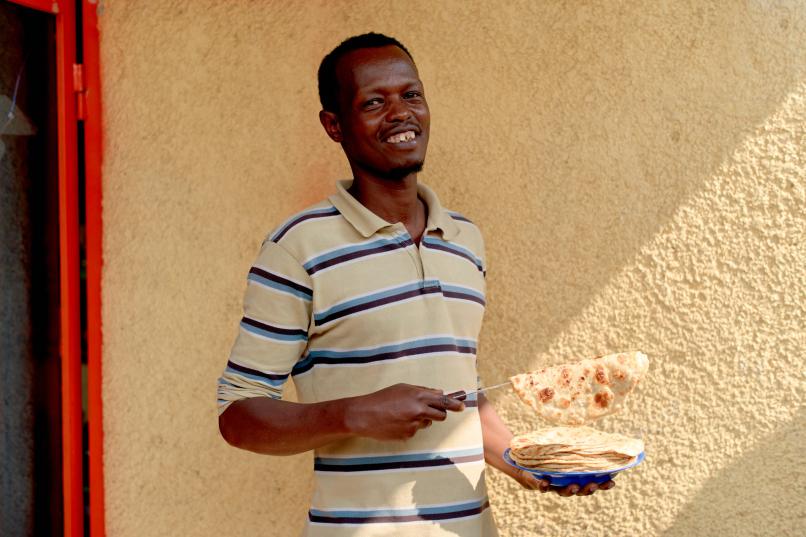Examining the Experience of Using Electric Pressure Cookers in Urban Households in Kigali, Rwanda
Up until recently, cooking with electricity was not viewed as a viable clean cooking alternative in Rwanda and other low-middle income countries (LMICs) due to the relatively high cost and inefficiency of electric cooking appliances, low levels of electricity access, and high cost of electricity where connections are available. However, with the emergence of energy-efficient appliances such as electric pressure cookers (EPCs) and the increasing availability and improved reliability of electricity, particularly in urban centres, electric cooking has become an option for greater numbers of people.
This report presents the findings of a study on the experience of urban households in Kigali using EPCs and the impact of those on stove(s) and fuel(s) usage, fuel stacking, cooking expenditure, time savings and cooking habits, including any changes in the types of dishes cooked. The results show that the overall experience of cooking with an EPC, which was a new cooking appliance to nearly all participating households, was positive.
With the pressing risks associated with climate change and deforestation, reducing reliance on biomass has become one of the top challenges the Government of Rwanda is looking to address over the coming decade. By highlighting the benefits of cooking with electricity, and the compatibility of cooking with energy-efficient cooking appliances, this study aims to inform the possible pathways for clean cooking transitions in Rwanda.

